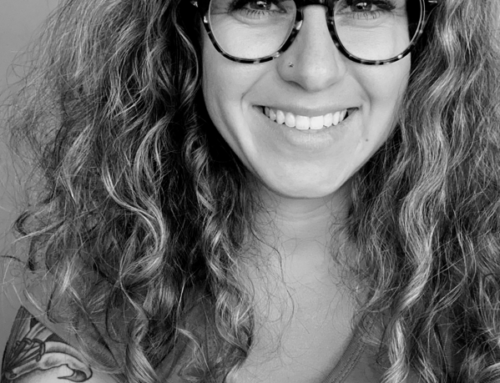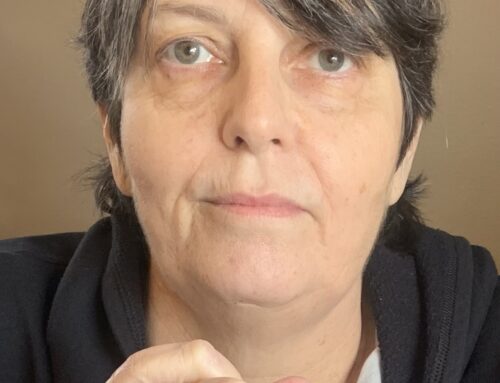If you regularly tune into our monthly show, Airing Addiction, then you’ve heard our host and VP of Clinical Development, Romas Buivydas, discuss what we call the four pillars of recovery. Ideally, addiction treatment will address each of these four dimensions – biology, psychology, social issues and spirituality.
Today we want to touch on spirituality, as there remains some confusion and resistance to using this term and associated approaches in medical  settings, such as addiction treatment centers. That resistance often begins when people misunderstand the meaning of the word.
settings, such as addiction treatment centers. That resistance often begins when people misunderstand the meaning of the word.
“A lot of people equate spirituality with religion, and it’s not exactly the same. The unfortunate trend is that many facilities who provide treatment to folks have done away with anything to do with spirituality and religion,” stated Romas in our recent broadcast.
Defined, spirituality means: the quality of being concerned with the human spirit or soul as opposed to material or physical things. For some, religion is a spiritual base. But for many others, connections to nature, meditation and more take on the form of spirituality.
“Those four pillars are important and add even more dimensions of wellness. And the science out there is saying that if you don’t have one of them in place, let’s say spirituality, the other dimensions don’t work so well,” Romas continued.
Incorporating spirituality in any form is critical to recovery because it helps to restore empathy. Addiction is often described as a selfish disease, impairing one’s ability to be mindful of others, leading to broken relationships with families and friends. Repairing relationships is often the most complicated part of the recovery process, and it cannot be accomplished without acquiring greater understanding.
At Spectrum Health Systems and the New England Recovery Center, we’re dedicated to individualized care. This means that we work closely with every individual to create treatment plans that work best for them. For many, this includes spirituality. For some, it doesn’t and that’s okay, too. As an industry, we need to be open to everyone’s unique path to recovery.
Interested in learning more about treatment? Call us today at (800) 366-7732.










